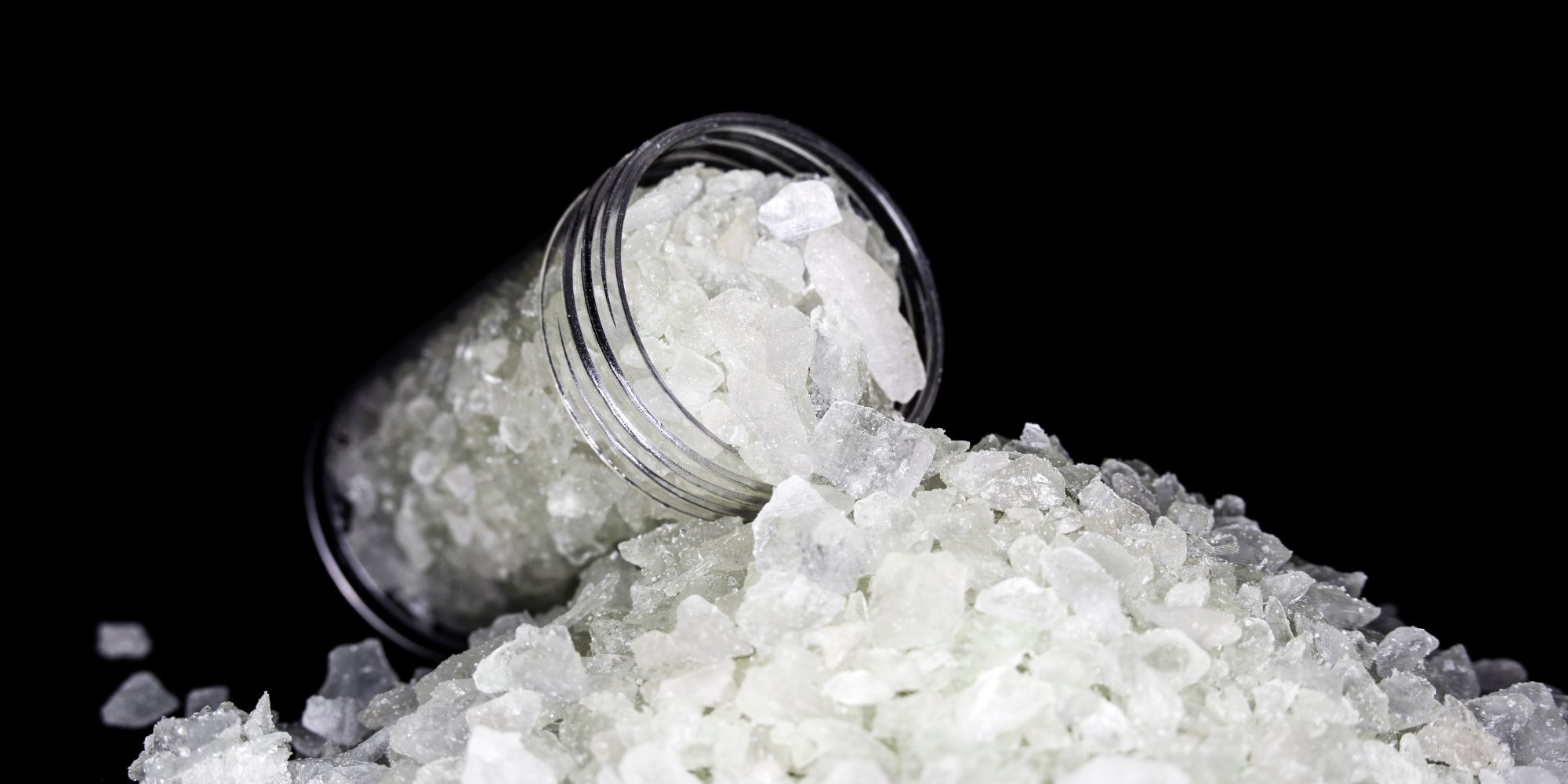How Long Does MDMA Last?

So-called “club drugs” are a category of substances often used in a nightlife setting like a bar, nightclub, or concert. While a few forms of the drugs have a legal purpose, most are illegal and pose a threat to a person’s overall mental and physical health. MDMA, often referred to as Molly or Ecstasy, is one of the more popular club drugs. It attracts a lot of attention among younger people, who have questions like, “How long does MDMA last?” However, MDMA can be very dangerous despite the harmless-sounding nicknames.
What Is MDMA?
Methylenedioxymethamphetamine, or MDMA, is a synthetic drug with similar chemistry to stimulants and hallucinogens. It is a synthetic drug that produces feelings of heightened energy and pleasure in a user while altering their senses and perception of time.
People typically take MDMA in a tablet or capsule form, though it is also available as a liquid or powder. Some people curious about the question, “How long does MDMA last?” may use the liquid form to feel the effects more quickly. Molly is used to refer to the crystalline powder version of the drug. Many people take MDMA alongside other substances like marijuana or alcohol.

How Long Does MDMA (Ecstasy) Last?
Depending on the dosage, a person can feel the effects of stimulants like MDMA for around three to six hours. However, any answer to the question, “How long does MDMA last?” must account for other substances taken along with the MDMA. Many people mix their MDMA use with alcohol. Some people indulge in other drugs that could cause a very dangerous reaction in their bodies when mixed with MDMA.
Another way that MDMA may pose a danger is that it alters the body’s ability to regulate its temperature. People may experience high temperatures, which could lead to damage in the kidneys, liver, or heart. In this case, it is possible for a person to die if they do not receive proper treatment, such as the treatment one might receive at our full medical detox center in Houston.
How Long Does MDMA Last in the System?
The duration MDMA stays in your system can vary depending on several factors, including dosage, frequency of use, individual metabolism, and other physiological factors. Here’s a general guideline:
- Detection in urine: MDMA can typically be detected in urine for up to 3-5 days after use.
- Detection in blood: MDMA is detectable in blood for a shorter period, usually around 1-3 days after use.
- Detection in saliva: MDMA can be detected in saliva for approximately 1-2 days after ingestion.
- Detection in hair: Hair follicle tests can detect MDMA for a longer period, up to 90 days after use, although this method is less commonly used due to its expense and complexity.
How Does MDMA Affect the Body?
To accurately answer the question, “how long does MDMA last?”, you need to understand how MDMA alters brain chemistry. It causes the brain to increase the production of three chemicals that affect various body functions.
- Dopamine — Causes an increase in a person’s activity level and rewards certain behaviors
- Norepinephrine — Causes increases in a person’s heart rate and blood pressure
- Serotonin — Changes how a person feels and affects their appetite and sleep patterns
There are a number of different effects that people experience once they take it. Some common effects produced by these changes include:
- Nausea
- Blurry vision
- Clenching of teeth
- Chills
- Sweating
- Muscle cramping
Can You Become Addicted to MDMA?
There is no clear consensus among researchers on the addictiveness of MDMA. However, some people attempting to abstain from MDMA use may start feeling the following withdrawal symptoms. Some of the more common signs that a person is going through withdrawal include:
- Feelings of fatigue
- Lack of an appetite
- Depression
- Problems concentrating
If you have concerns about whether you are suffering from addiction issues related to MDMA, you may prefer to seek treatment in a safe environment. Serenity Light Recovery offers a variety of therapeutic options that may prove useful for people looking to work through substance abuse issues.
- Meditation
- Yoga Therapy Program
- Spiritual Advising
- Creative Arts
- Biosound/Biofeedback Therapy Program
- Equine Therapy Therapy
Whether you or your loved one is struggling with an MDMA addiction, help is available. Our facility takes a holistic approach to helping those diagnosed with addiction issues or other health concerns affecting their well-being. Learn more about the approach taken at Serenity Light Recovery by calling us at 855.658.6109. Make the call today to start on the road to recovery.
Start today. Find serenity in the Chaos.
Frequently Asked Questions About MDMA
Is MDMA addictive?
While MDMA does not typically lead to physical dependence like some other drugs, it can be psychologically addictive. Prolonged or frequent use can lead to tolerance and cravings for the drug.
Is MDMA a painkiller?
No, MDMA isn’t primarily classified as a painkiller. It is a psychoactive substance known for its stimulant and empathogenic effects. While some users may perceive a reduction in pain sensitivity while under the influence of MDMA, its primary effects are related to altering mood, perception, and cognition rather than directly targeting pain relief. However, addiction treatment centers typically offer programs that treat a wide range of addictions, including addiction to alcohol, MDMA, other drugs, and commonly abused painkillers.
What are the risks associated with MDMA use?
MDMA use can lead to a range of short-term and long-term health risks, including dehydration, hyperthermia (overheating), hyponatremia (low sodium levels), serotonin syndrome, anxiety, depression, memory impairment, and sleep disturbances. In extreme cases, MDMA use can be life-threatening.
Can MDMA be used to treat medical conditions?
Research into the therapeutic potential of MDMA, particularly for PTSD (post-traumatic stress disorder), is ongoing. Preliminary studies have shown promising results, but MDMA is not yet approved as a medical treatment in most countries.
How long does MDMA last in the system?
The duration MDMA stays in the system can vary depending on factors such as dosage, frequency of use, individual metabolism, and other physiological factors. In general, MDMA can be detected in urine for up to 3-5 days, in blood for 1-3 days, and in saliva for 1-2 days after ingestion.
Are there legal restrictions on MDMA?
Yes, MDMA is classified as a Schedule I controlled substance in many countries, meaning it is illegal to possess, sell, or manufacture without proper authorization. Penalties for MDMA-related offenses can vary depending on jurisdiction.




